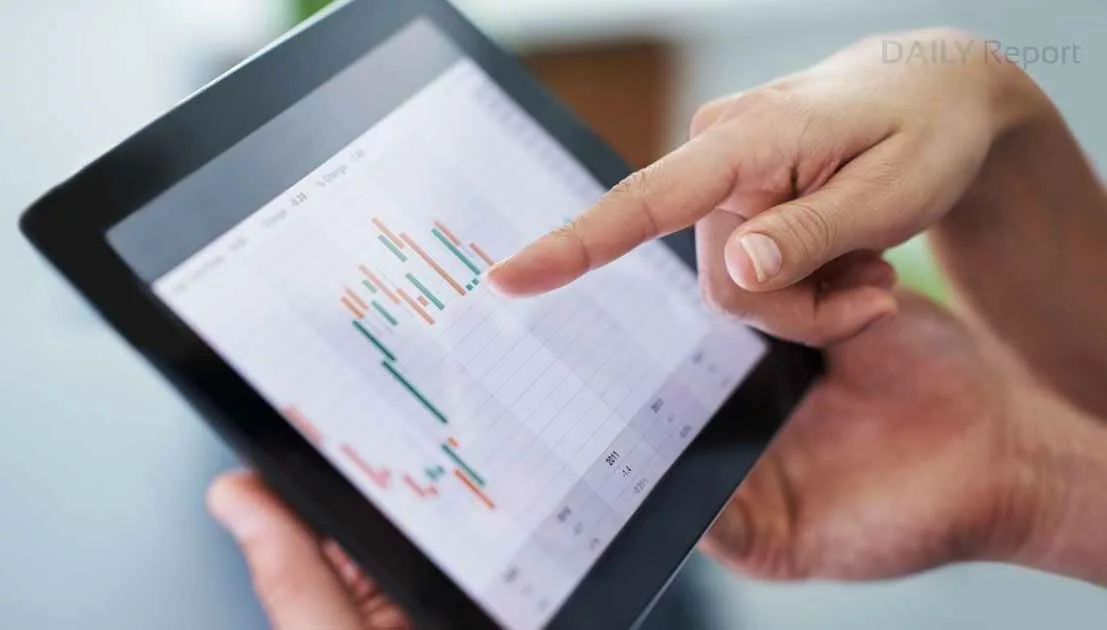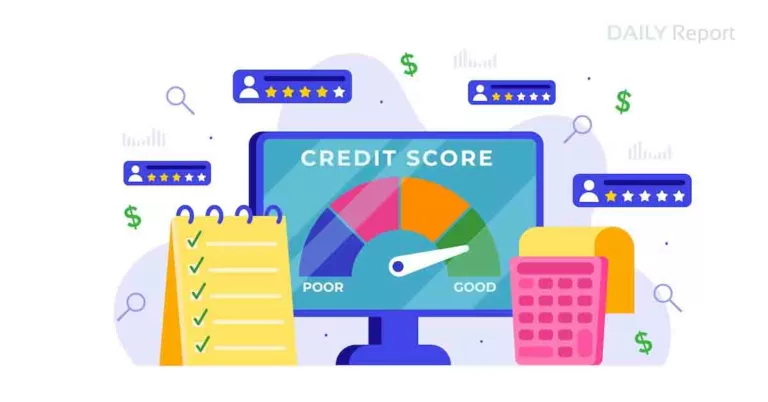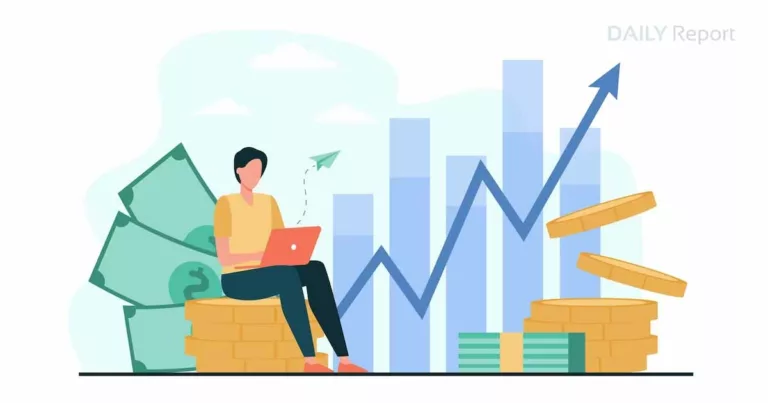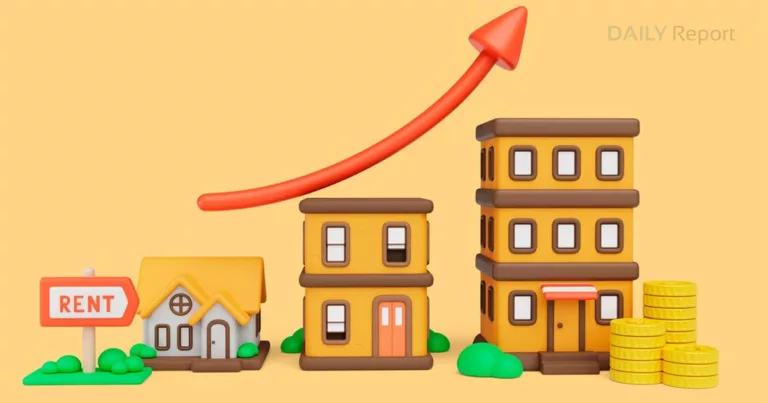Impact of Inflation on Your Finances 2023
Inflation on Your Finances phenomenon that affects the purchasing power of money over time. It refers to the sustained increase in the general price level of goods and services in an economy. While a moderate level of inflation is considered healthy for an economy, high or unpredictable inflation can have a significant impact on personal finances. In this blog post, we will explore the various ways in which inflation can affect your financial well-being and discuss strategies to mitigate its impact Inflation on Your Finances.
1. Diminished Purchasing Power
One of the most apparent effects of inflation is the erosion of purchasing power. As prices rise, the same amount of money can buy fewer goods and services. This means that if your income remains constant while prices increase, you will find it increasingly difficult to maintain your standard of living. The impact is particularly felt on essential items like housing, food, and healthcare, which tend to experience higher inflation rates.
2. Impact on Savings and Investments
Inflation also affects your savings and investments. If the rate of inflation exceeds the interest rate earned on your savings account or investment returns, the real value of your money decreases over time. For example, if you have $10,000 in a savings account earning a 2% interest rate, but inflation is running at 4%, your savings will effectively lose value in real terms.
To combat the erosion of purchasing power, it is crucial to invest your savings in assets that can outpace inflation. Consider diversifying your investment portfolio by including assets such as stocks, bonds, real estate, or commodities, which have historically shown the potential for long-term growth. These investments provide a hedge against inflation and can help protect the value of your wealth.
3. Debt Burden
While inflation can erode the value of money, it can also have a positive effect on individuals who carry debt. Inflation reduces the real burden of debt over time since the value of money decreases. If you have fixed-rate debts, such as mortgages or loans, the real value of your debt decreases as inflation rises. This means that you effectively repay your debt with “cheaper” dollars. However, it’s important to note that not all types of debt benefit from Inflation on Your Finances.
Variable-rate debts, such as credit card debt or adjustable-rate mortgages, may have interest rates that increase with inflation, offsetting the potential advantages. It is essential to understand the terms of your debt and consider the potential impact of inflation before making financial decisions.
4. Wage and Income Adjustments
Inflation can also influence wages and income levels. When prices rise, employees often demand higher wages to maintain their purchasing power. Some employers may proactively adjust salaries to keep pace with inflation, but in other cases, individuals need to negotiate for salary increases themselves.If your income does not keep up with inflation, you may experience a decline in your standard of living.
It is essential to stay informed about prevailing Inflation on Your Finances rates and advocate for fair compensation to protect your financial well-being.
5. Strategies to Mitigate Inflation’s Impact
While inflation’s impact on personal finances may seem daunting, there are several strategies you can employ to mitigate its effects:
a. Invest in Assets: Allocate a portion of your savings towards investments that have the potential to outpace inflation,
b. Diversify Your Portfolio: Spreading your investments across various asset classes can help minimize risks and maximize returns.
c. Maintain an Emergency Fund: Having a liquid emergency fund ensures that you can cover unexpected expenses without having to sell investments during unfavorable market conditions.
d. Consider Inflation-Indexed Investments: Some investment options, such as inflation-protected bonds or Treasury Inflation-Protected Securities (TIPS), are designed to provide protection against inflation.
e. Review and Adjust Your Budget: Regularly assess your spending habits and make adjustments to accommodate inflationary pressures. Prioritize essential expenses and consider ways to reduce discretionary spending.
Conclusion Inflation on Your Finances
Inflation can significantly impact your personal finances by eroding purchasing power, affecting savings and investments, influencing debt burden, and potentially reducing your standard of living. However, by understanding the effects of inflation and implementing appropriate strategies, you can mitigate its impact and protect your financial well-being. Stay informed, plan ahead, and take proactive steps to safeguard your finances against the erosive effects of inflation.







